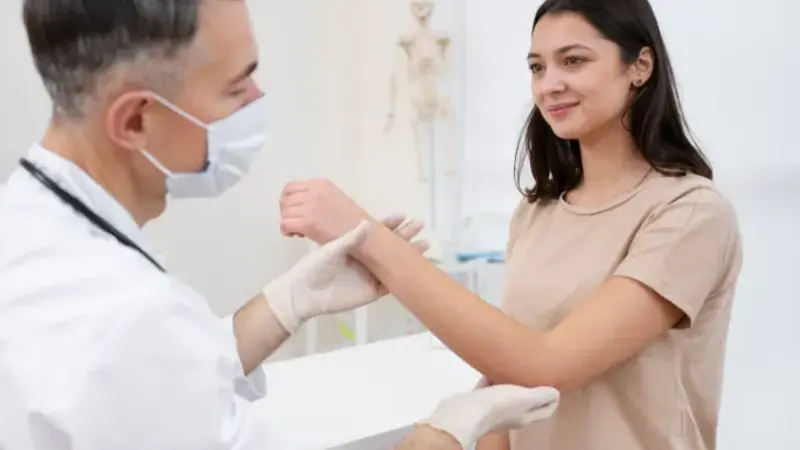Australia’s skin cancer rates still rank among the highest globally, making it ever so essential to do skin cancer check-ups regularly. Detecting skin cancers at their earliest stage can eventually result in saving one’s life, which is the core reason why getting a professional’s opinion instead of just depending on self-checks is a very important step to protect your health. It is already unthinkable that you might not see or feel a difference in your skin and still get it treated, but if you go to a professional who is truly yours, then this will be so.
Why Skin Cancer Checks Are Essential
Skin cancer does not always present its presence through obvious signs. Certain spots might look innocent but could be precancerous or malignant. Skin cancer checks performed by dermatologists guarantee that problems are detected quite in advance early almost always before symptoms actually appear.
Early detection is key because:
- Success rates of treatments go up by a significant margin.
- There will be less need for surgical interventions.
- The area of scarring and the time of recovery will be less.
- The patient will have the calmness that professional monitoring gives.
Gradual damage can occur through sunbathing even to a person who considers himself a low-risk patient. Therefore, all should have regular skin check-ups as a part of preventive health care.
Why You Should See a Specialist
Skin doctors are capable of diagnosing common skin problems, but a skin cancer specialist has sophisticated tools and training to spot minute irregularities that others might not even notice. The specialists have at their disposal equipment like dermatoscopes and digital imaging through which they can closely examine moles and lesions.
They can tell apart safe spots from those that need to be biopsied or excised. The accuracy level provided by their expertise is so high that it leads to the patients not getting worried unnecessarily, and the genuine concerns are caught before they move further.
What Happens During a Skin Cancer Check
An appointment in itself can typically take 15-30 minutes, and it is simple and not many forms and papers are fill out and sign.
You will undergo the following steps:
- Medical History Review: The doctor will ask about and evaluate heredity, sun exposure, as well as that of the moles or spots that concern the patient.
- Full-Body Examination: The skin of the patient is examined by the dermatologist in its entirety, including the areas that are not usually seen, like the scalp and back.
- Use of Technology: The application of dermatoscopes is for the purpose of enlarging and illuminating so that the spots are visible for in-depth inspection.
- Documentation: Digital imaging tracks skin changes over time for accurate monitoring.
- Next Steps: Your doctor, if it is the case, suggests additional tests and treatments.
There is no discomfort during this whole process, and at the same time, it gives one the skin’s condition that is priceless.
Who Should Book Regular Checks
Regular skin examinations are advantageous for everyone, but some individuals are in a more dangerous position and should thus get them done more often.
You need to consult a specialist if:
- You are a person with light skin, blue or green eyes, and no or very few dark spots on the skin.
- You are a person who spends most of their time getting the sun, whether it is for working or for relaxing.
- You are a person whose family tree contains melanoma and other types of skin cancer.
- You are a person who sees new moles or existing ones changing.
- You are a person with a past that includes sunburns and or tanning bed usage.
People who are not in the high-risk category, nonetheless, yearly check-ups are still a great way to prevent skin cancer.
Prevention Starts with Awareness
Getting a skin cancer check is not only a way to detect problems, but also a way to prevent them. Dermatologists will provide useful recommendations concerning ultraviolet radiation protection, skin checking, and living conditions that lead to a decline in your risk.
Sunscreen application daily, hat and cover wearing practice, and sun avoidance during peak hours are all preventive methods that contribute to skin health over time. With these habits and medical supervision, there will be a formidable barrier against skin cancer.
